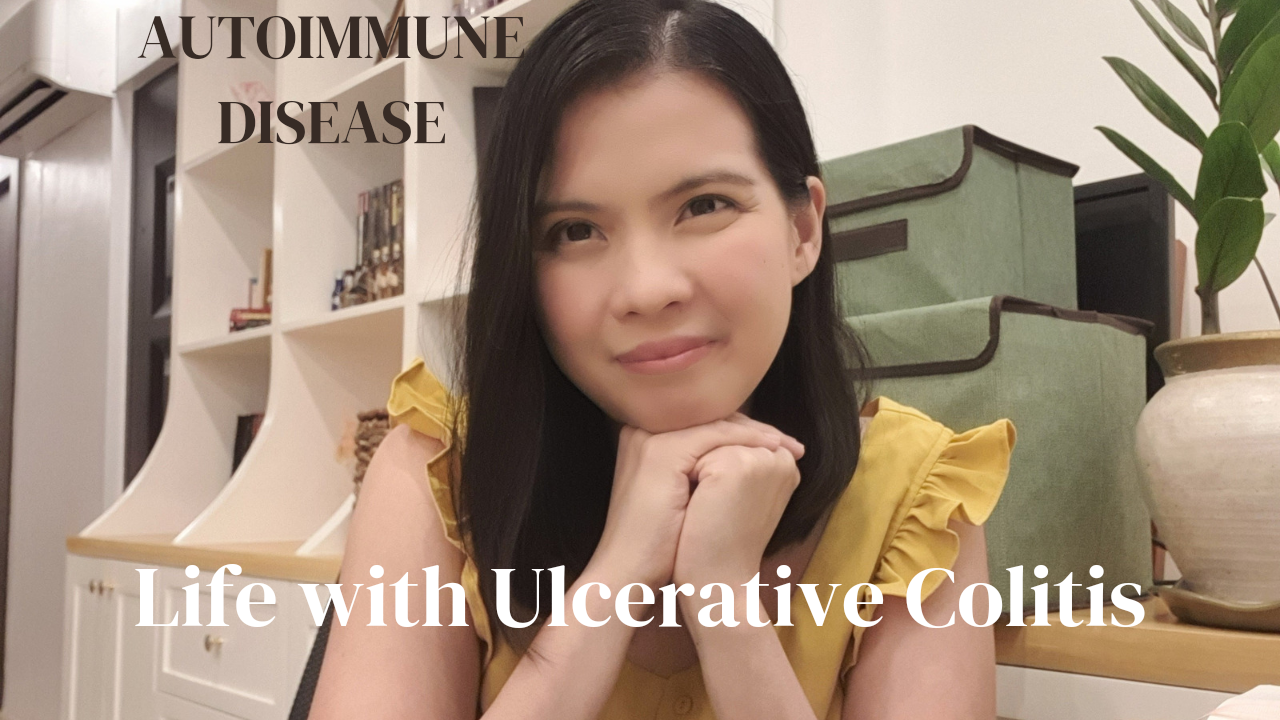 On the latter part of the 2021, I was diagnosed with an autoimmune condition.
On the latter part of the 2021, I was diagnosed with an autoimmune condition.
I felt kind of lost when I found out, and some of you who are newly into the condition might feel the same. Today, I will be sharing my experience with you, but before I continue just a word of caution. I am not a doctor or any kind of health professional. Anything that I will sharing here is based on my experience and knowledge acquired after discussing with my doctor. If you have an autoimmune disease, it is always best to consult you a doctor.
Background
Autoimmune disease, as defined by healthline.com, “is a condition in which your immune system mistakenly attacks your body. The immune system mistakes part of your body, like your joints or skin, as foreign. It releases proteins called autoantibodies that attack healthy cells.”
There are various types of autoimmune diseases, depending on the tissues, cell or organ of the body that it attacks.
In my case, my immune system attacks my gastrointestinal (GI) tract. This type of autoimmune condition is called the Inflammatory Bowel Disease (IBD). IBD has two types; classified according to the specific tissues attacked:
- Crohn’s Disease- wherein patches of inflammation happens in various parts of the GI tract. Once can have inflammation on the small intestine, throat, stomach.
- Ulcerative Colitis – inflammation happens continuously on the lower GI tract; from the colon down to the rectum.
My initial symptoms that led to the diagnosis was my abdominal pain, rectal bleeding and diarrhea. Through pictures from the colonoscopy procedure, they were able to show me how inflammed my colon is.
Cause
There is no specific cause for IBD, it can be genetics, environmental, it can be triggered by food or medicine, it can be stress, it can literally be everything. It can also happen to anyone; young, old; male, female; those who live a healthy lifestyle, those who do not.
Cure
IBD, just like any autoimmune disease, is chronic. It can not be totally cured by any medicine, though there are ways to manage it to lessen flareups or the onset of symptoms. That point in the condition wherein no symptoms are appearing anymore, is what we call period of remission. Some do experience a long period of remission, which is why early detection of the disease is important.
Symptoms
Ulcerative Colitis symptoms vary from person to person. For me, the first three symptoms that led me to seek the opinion of a doctor are:
- abdominal pain
- rectal bleeding
- diarrhea
After I was diagnosed, I was able to keep track of the other symptoms which are, later on I realized, IBD related:
- acid reflux
- gaseousness
- eye inflammation
- joint pain
- fatigue
In my youtube vlog, you will find there my recount of my experiences when having symptoms. There was even an instance that I had to be rushed to the emergency room (ER).
Again, symptoms vary from person to person. I also find that my symptoms also vary depending on what triggered the flare up. The duration also varies; some last minutes, some lasted days, there was even one that lasted weeks.
Triggers of Flare Ups
Speaking of triggers, since the type of autoimmune I have is mainly targeted on the digestive system, I became very sensitive to food and drinks, which triggers most of my flare ups. Among these are:
- dairy
- red meat (beef and pork)
- raw food and vegetables (no salad for me!)
- high fiber fruits and vegetables
- high fiber food or anything that is hard to digest
- gluten
Aside from food, among my other triggers are:
- stress
- fatigue
- lack of sleep
It is best to observe your body and take note of the situations in which you experience flare ups. I personally keep an IBD journal wherein I record my flare ups, my triggers, treatment and questions to my doctor. IBD is a lifelong condition so having a journal will come in handy for emergency situations.
Life with Ulcerative Colitis
While Ulcerative Colitis is a long-term condition, it is manageable. I have to admit, it was not easy at first to get into a lifestyle that will prevent me from having flare ups. With my role as a primary caregiver of my youngest son, having a condition that makes me tired and vulnerable to joint pains is difficult. But I guess, having this condition humbled me. Not everything will happen according to my plan. Rather than complain, I just try my best to adapt to the situation. Coping is also helpful by having supportive family and friends who knows about my condition. I know that I can always ask help from them.
Autoimmune disease is just something that is part of our journey in life. Appreciate the good, learn from the bad. I hope that whatever period of it that you are in now, you will find comfort in knowing that it is still possible to live a happy and active life with it.

